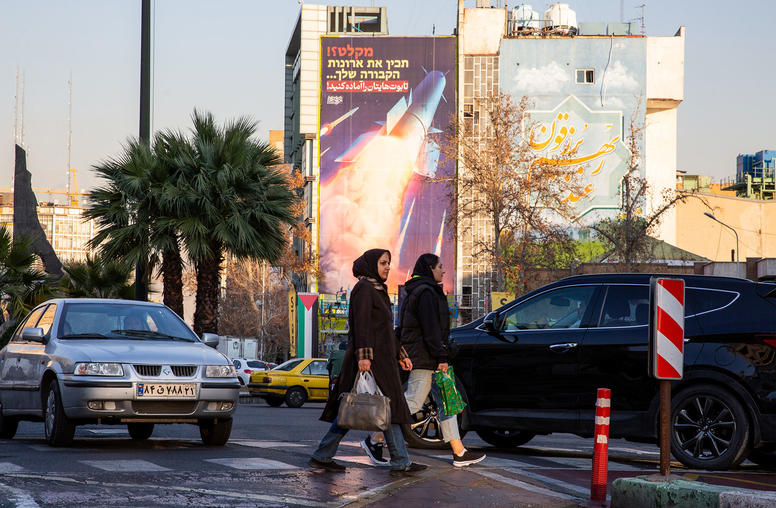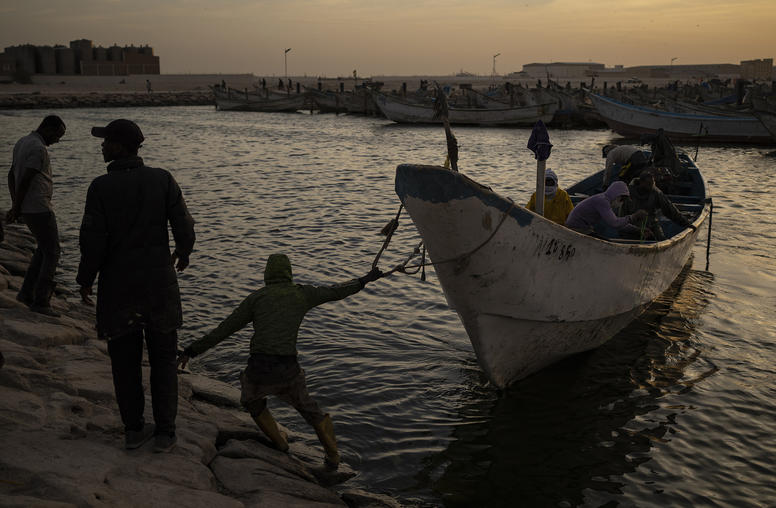Beyond the 2001 Paradigm: Counterterrorism and the U.N. Security Council Since 9/11
The terrorist attacks on September 11, 2001, forever altered the international security landscape. The U.N. Security Council’s response to 9/11 set in motion an expansive international counterterrorism framework that still underpins the body’s counterterrorism activities to this day. However, evaluations of the framework’s efficacy have long lagged behind. The Securing the Future Initiative (SFI) was launched last September — the 20th anniversary of the 9/11 terrorist attacks — with the mission of conducting the first-ever independent review and assessment of the U.N. Security Council’s counterterrorism activities. Co-led by the Fourth Freedom Forum and The Soufan Center, SFI has released their review, with recommendations for improving U.N. counterterrorism policies.
On December 1, USIP, the RESOLVE Network and SFI held a conversation on the future of the U.N. Security Council’s counterterrorism strategy. Part of the seventh annual RESOLVE Global Forum Series, the discussion explored ways to work within the U.N. Security Council architecture to make its counterterrorism paradigm more holistic — with more focus on peacebuilding, development and enhancing cooperation between the U.N. and governments.
Convened virtually, RESOLVE’s Global Forum Series brings together leading experts and researchers for thought-provoking conversations on evolving trends and dynamics in the violent extremist landscape. For more on the RESOLVE Global Forum Series, follow us on Twitter at @resolvenet, and join the conversation with #RESOLVEForum.
Speakers
Kateira Aryaeinejad
Program Officer, RESOLVE, U.S. Institute of Peace
Naureen Chowdhury Fink
Executive Director, The Soufan Center
@NaureenCFink
Matthew Levitt
Fromer-Wexler Fellow and Director of the Jeanette and Eli Reinhard Program on Counterterrorism and Intelligence, The Washington Institute
@Levitt_Matt
Alistair Millar
President, The Fourth Freedom Forum
Eric Rosand
Executive Director, Strong Cities Network; Senior Associate Fellow, Royal United Services Institute
@RosandEric



